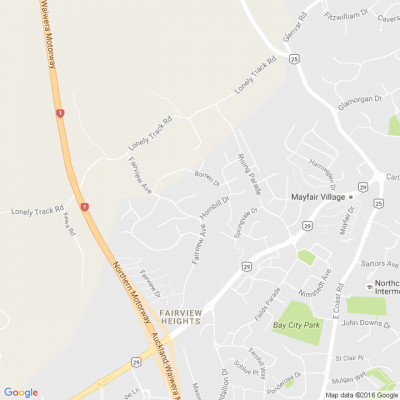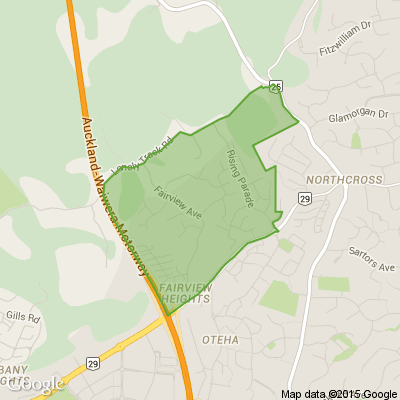Diagnostic breast service boosts the battle against breast cancer
A newly developed facility, renamed as Kia Ū Ora – Waitematā Breast Service, was opened today at North Shore Hospital to improve access and health outcomes for patients.
The service will provide a world-class level of assessment, diagnosis and multidisciplinary treatment for people with breast cancer and breast disorders.
Breast Cancer is the leading cause of cancer deaths for women in the Waitematā DHB catchment which has the largest population of any DHB in the country.
Patients have previously attended various appointments at a number of different locations across the DHB during the course of their diagnosis,
treatment and post-operative care.
“This co-located approach will be hugely convenient for our patients and will, in certain cases, mean various needs can be met on one day and in one place,” said Waitematā DHB CEO Dr Dale Bramley.
“Most importantly, it will contribute to improved diagnosis and treatment times – helping us make a dramatic difference in the lives of our patients, their families and whānau.”
The modern new unit occupies a vast ground floor space that has been completely redeveloped since its previous occupants were relocated to upgraded premises elsewhere.
It includes additional ultrasound and mammogram capability – as well as extra consultation rooms in a reconfigured and refurbished easy-to-access premises.
Breast Cancer Foundation NZ is a major supporter of the project and had representatives present during today’s opening.
“Our $1 million contribution towards Kia Ū Ora is recognition of just how important this service is,” said Breast Cancer Foundation NZ chair Justine Smyth.
“It’s crucial that everyone who is referred by their GP to the service is seen quickly so that any breast cancer found can be treated as early as possible, giving the best chance of survival.
“Going through a cancer assessment is hugely worrying and women shouldn’t have to face unnecessary delays."
Attending the opening are Waitematā DHB CEO Dr Dale Bramley, Breast Cancer Foundation New Zealand board chair Justine Smyth, Waitematā DHB board chair Professor Judy McGregor, Dr Susan Gerred.

Best way to use leftovers?
I'm sure you've got some excess ham at home or cold roast potatoes.
What are some of your favourite ways to use leftover food from Christmas day? Share below.

⚠️ DOGS DIE IN HOT CARS. If you love them, don't leave them. ⚠️
It's a message we share time and time again, and this year, we're calling on you to help us spread that message further.
Did you know that calls to SPCA about dogs left inside hot cars made up a whopping 11% of all welfare calls last summer? This is a completely preventable issue, and one which is causing hundreds of dogs (often loved pets) to suffer.
Here are some quick facts to share with the dog owners in your life:
👉 The temperature inside a car can heat to over 50°C in less than 15 minutes.
👉 Parking in the shade and cracking windows does little to help on a warm day. Dogs rely on panting to keep cool, which they can't do in a hot car.
👉 This puts dogs at a high risk of heatstroke - a serious condition for dogs, with a mortality rate between 39%-50%.
👉 It is an offence under the Animal Welfare Act to leave a dog in a hot vehicle if they are showing signs of heat stress. You can be fined, and prosecuted.
SPCA has created downloadable resources to help you spread the message even further. Posters, a flyer, and a social media tile can be downloaded from our website here: www.spca.nz...
We encourage you to use these - and ask your local businesses to display the posters if they can. Flyers can be kept in your car and handed out as needed.
This is a community problem, and one we cannot solve alone. Help us to prevent more tragedies this summer by sharing this post.
On behalf of the animals - thank you ❤️









 Loading…
Loading…